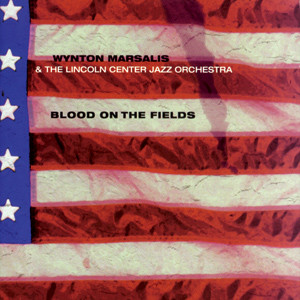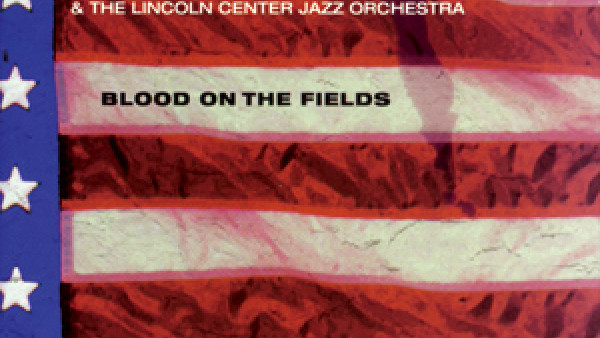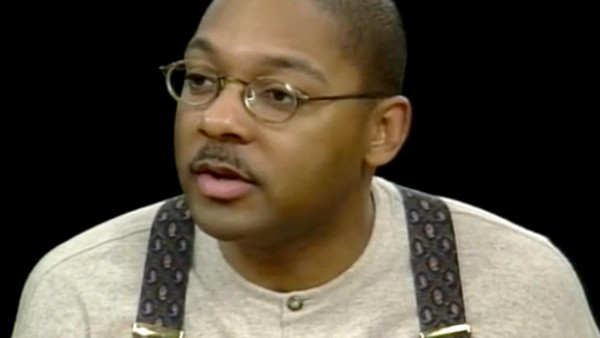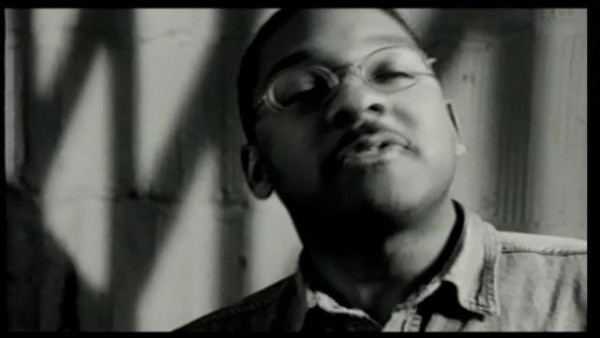Pulitzer changes put the emphasis on American music
In American journalism, the Pulitzer Prize towers over all other honors. In literature and drama, it conveys palpable prestige and often spikes sales.And in music . . . well, to put it kindly, the award has a checkered past.
When was the last time you slipped Bernard Rands’ “Canti del Sole” for Tenor and Orchestra into the CD player? Or spent an evening with Lewis Spratlan’s “Life is a Dream, Opera in Three Acts: Act II, Concert Version”?
These works have not exactly made a lasting impact on the American listening public, yet each won the Pulitzer Prize for music and quickly returned to the oblivion from which it came.
In an apparent attempt to end the gaping disconnect between the often abstruse, mostly classical list of Pulitzer winners and the staggering breadth of vibrant, stylistically wide-ranging music that Americans always have been producing, the Pulitzer Prize Board earlier this month announced key changes in its rules and requirements.
Though the modifications involve just a few words here and a phrase or two there, they represent a fundamental, though belated recognition of the very nature of music made in America.
Born of oral tradition
More than six decades after the Pulitzer Board began giving prizes for music, in other words, it has come to recognize that American music is not simply European symphonic art penned by American composers in its thrall.
On the contrary, a vast expanse of American music isn’t written at all, the folkloric roots of jazz, blues, gospel and the like born of oral tradition and originated not in the salons of Vienna and Paris but in the fields of Africa and the islands of the Caribbean.
Transplanted to North America, these ancient musical traditions re-emerged in the United States, embracing some elements of European culture (such as instrumentation) and rejecting others (such as its limitations of rhythm and pitch).
Even when jazz and blues and gospel were written down, in the early 20th Century, the European notation system never could capture its complexities. The majestic scores of Duke Ellington, for instance, only approximated the depth of his vision and never attempted to detail the solo flights of Johnny Hodges, Harry Carney, Jimmy Blanton and other Ellington-band immortals.
With the exception of Wynton Marsalis’ “Blood on the Fields,” in 1997, the Pulitzer Prize for music has gone to a very different kind of art: compositions in which every note has been put to paper. Thus the freely improvised spirit that courses through so much of America’s music has gone mostly unacknowledged by the Pulitzer Prize.
That finally may be changing
“After more than a year of studying the Prize . . . the Pulitzer Prize Board declares its strong desire to consider and honor the full range of distinguished American musical compositions — from the contemporary classical symphony to jazz, opera, choral, musical theater, movie scores and other forms of musical excellence,” the board said in a written statement on June 1.
Specifically, submissions for the Pulitzer Prize no longer will require a score, with a publicly released recording sufficing as the document of a musical work.
In that single gesture, the Pulitzer Board has shown an understanding and recognition of what distinguishes American music from European precedents.
“It’s about time,” says Samuel Floyd, founder of the Center for Black Music Research and author of the seminal book “The Power of Black Music.”
Adds the distinguished American composer Olly Wilson, who merges European and African elements in his work, “The backdrop of this is that we live in a world in which the music of the Western European tradition, while still extremely important, is not the only frame of reference.”
Remarkable, revelatory
Or, as the Pulitzer Prize-winning composer Gunther Schuller observes, “I don’t give a damn whether a piece is improvised or composed — what matters is that it’s a remarkable, new, revelatory piece of music.”
Schuller and Wilson both advised a Pulitzer Board subcommittee studying the music prize, which many observers agree has lacked the stature of its journalistic and literary counterparts, in part because of the profound obscurity and questionable durability of so many of its past winners.
The critical question, though, was why — year after year — the music Pulitzer seemed confined to the margins of American musical life and focused, almost exclusively, on the more arcane corners of the classical music establishment and the academic composers who thrive there.
“There was a nervous conviction [among board members] that what was getting to us did not represent the full range of the best of American music,” says Jay Harris, a Pulitzer Board member who has been studying the issue with colleagues and music experts for the past year.
The problem, Harris and others concluded, dealt with the wording of the rules. By dropping the requirement of a score (which is still “strongly urged”) and deleting from the definition of the prize the term “significant dimension” (which may have dissuaded non-symphonic composers from submitting their music), the board evidently hopes to break free of the strictures of the prize’s past.
For the same reason, the board plans to begin enlisting jurors — who recommend finalists for the board’s consideration — from “a wider range of expertise.”
“This is not designed to favor any particular form,” says Sig Gissler, administrator of the Pulitzer Prizes. “We’re just trying to widen the range of possibilities.”
Deleted specific references
The effort began in earnest in the mid-1990s, when the board began considering ways of expanding the stylistic reach of the prize.
In 1997, the music jury (which included this writer) recommended to the board Marsalis’ epic jazz suite “Blood on the Fields.”
By concurring with the jury’s choice, the board awarded the prize for the first time to a score containing many pages of blank space, which allowed for extended improvisation.
But after “Blood on the Fields,” the prize reverted to older forms, prompting the board to further refine its rules and trumpet the changes widely.
“It’s not enough to say quietly that you are open to and desirous of a broader range of excellence in American music,” says Harris. “You have to find some way of implementing that.”
The decision, not surprisingly, has drawn fire from some classical composers.
“I don’t think it’s a good idea at all — this has already happened that one piece has been awarded that is not [fully] written out,” says the Pulitzer Prize-winning composer Donald Martino, referring to Marsalis’ “Blood on the Fields.”
“Let these people win DownBeat polls,” adds Martino, pointing to the jazz magazine. “They have their own venues.”
Nevertheless, under the new rules, and the statement of purpose that explains them, distinctly American works that never could have been considered before now clearly are eligible. Miles Davis’ sublime but loosely improvised recording “Kind of Blue” and Keith Jarrett’s groundbreaking solo piano improvisations on “The Koln Concert” were not put to paper, but they’re landmarks of American music that richly deserve America’s highest musical honor.
Unknown territory
The question, though, is whether future juries will recommend to the board works of this stylistic range and stature.
“Will all genres of American music rooted in the oral tradition be eligible for consideration, including the blues, bluegrass and jazz?” asks Paul Berliner, professor of ethnomusicology at Northwestern University and author of the visionary book “Thinking in Jazz: The Infinite Art of Improvisation.”
“If the intent behind the change is to give composers across the broad spectrum of American musics their due . . . this represents an exciting and progressive development.”
And not a century too soon.
by Howard Reich
Source: Chicago Tribune





